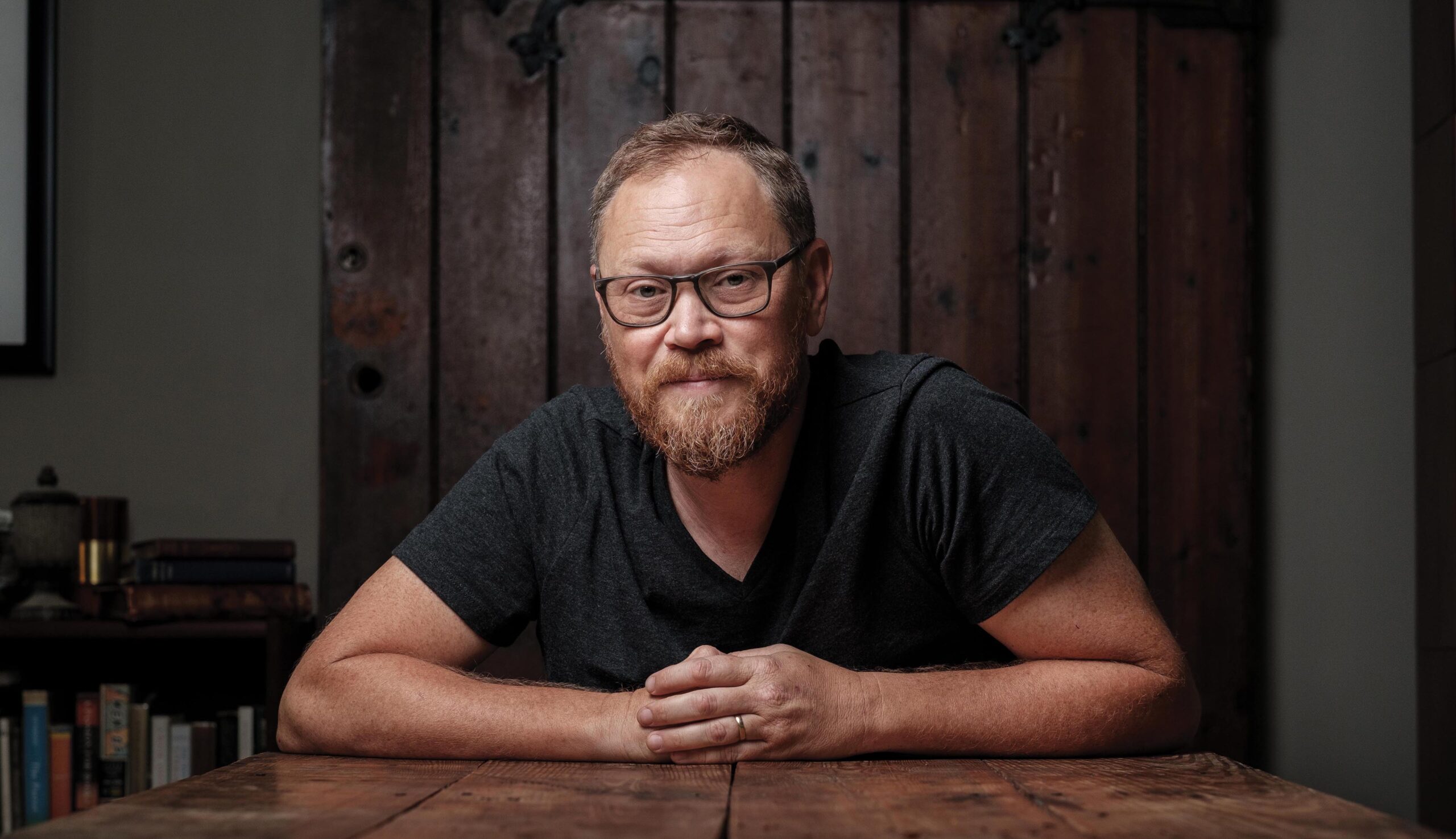As a Christian, you intend to be a redemptive agent through your faith and work. You may have even chosen a place of employment or career track with clear, direct pathways to redemptive activity. As a pastor, you desire that your congregation pursues their work with a redemptive mindset. Yet many conversations about redemption within work bypass those who don’t enjoy their jobs. Many people find themselves counting the hours to the weekend or the years to retirement. Work has been a string of disappointments and discouragements that have left them hopeless.
Instead of creative energy moving toward redemption, workers who are in this place struggle with disillusionment, doubt, and discouragement that drain much of the capacity for good. It’s just surviving. You can find yourself there at many places in your work journey. Maybe you are fresh out of college and hoped for a position that uses the most of your education and skill set, but instead, find yourself in the menial and mundane. Maybe you are in your 30s, still wrestling with who you are and what you want to do and are feeling the void of vain pursuits. Or maybe you are entering into or well on your way to your 40s and 50s, realizing this whole work thing is not at all what you had hoped it would be. In these moments, daunting questions loom over you about many things, but at the core of them is whether God has been faithful. You wonder, if there is more intended for me, then why am I experiencing this hopelessness with my work? If he has grand designs for my life, why am I just pushing paper or answering phone calls? You see the stories of celebrated heroes of redemption meeting desperate needs, yet you stand in your place on the manufacturing floor and ask if you have wasted your work, your life. Have you missed what God wanted you to do? Have you failed? Has he failed? Where do you look for hope? To find hope for the future you have to look at the past.
Faith and work require vulnerability
Work is integral to our flourishing, which makes it necessary for our existence. So when it leaves us with unmet expectations, we feel hopeless. Proverbs 13:12 even reiterates this: “Hope delayed makes the heart sick, but desire fulfilled is a tree of life.” Meaning, these unmet expectations leave within us a gaping hole ruptured by the weight of disappointment in our work. This tells us work is a vulnerable activity. According to the curse of Genesis 3, our work — even as we continue to be God’s image bearers — is now filled with toil. Like Adam, we labor on cursed ground. Gaining fruit from our labors comes through pain. Any endeavor of work in any industry possesses the potential for failure and frustration, for blunders and brokenness. Is there any other situation in which you step with that much risk? Yet work is still necessary. The value of work makes it worth the risk. You put yourself out there in a vulnerable position, intending to do good work, hoping that your desires will be met. Your desire for accomplishment, friendship, collaboration, and success. But what is the answer when those hopes are deferred? How do we endure this vulnerability and find hope again in our work?
Hope requires the affirmation of trust in God and the value of work
According to Curt Thompson in The Soul of Shame, “Hope is generated as our anticipatory neural networks are shaped by multiple experiences of trust being affirmed and rewarded.” Meaning, hope is built when our expectations and efforts of trust are met. When we put ourselves out there in a vulnerable act, we are often implicitly trusting we will be safe and not harmed. When that trust meets expectations and is reciprocated, hope increases. Therefore, experiences that affirm our trust are the key to building hope. This means we have two options. We can either lower our expectations and anticipate nothing but disappointment at work. This is the path to hopelessness. Or, we can pursue new experiences and form a new story. New stories that give us experiences to affirm our trust, not break it. But finding pathways to new stories does not mean simply shrugging off the struggles we experience in work. Rather, it is the mental and emotional work of resiliency. In Recovering Eden, Zack Eswine gives insights into those initial steps of resiliency, writing that
“You cannot fix most of what is broken. Unlike mechanical parts and unglued wood, the crooked parts of the people, the places, and the circumstances that you will encounter today are beyond your ability to repair. In contrast, the work of God constantly shows us that broken bones can dance again in him. For this reason, your main task each day is to learn how to contemplate each thing you experience in light of who God is and what God does…How do you do this? Recognize the moment and respond accordingly.”
Eswine encourages readers to celebrate what deserves celebration and to grieve what deserves grief. God can handle our grievances. More than that, he hears them and acts. Herein lies to the key to trust. Trust is built on more than words. Promises can be empty. We need more than words. Our trust in God is not built merely on his words, but how he has acted in history in accordance to those words. Scripture is not a compilation of best practices or pithy quotes for motivation. It’s the narrative of God’s work in history where he declares a promise, invites our trust, and then acts accordingly. His words set the expectation and his actions affirm our trust. This is where trust is born and nurtured into maturity. God has acted in the world.
The Exodus journey must become ours
The Israelites were God’s chosen people. Joseph, with the full favor of Pharaoh, established them in a lush land of plenty, expecting continued favor and flourishing. Yet, with a slight turn of the page, we see all that change. The monumental moment of this account comes from the burning bush as God reveals himself to Moses. His name is Yahweh, or I AM. This is more than a declaration of his existence. Rather, God is affirming his continued presence and care for his people. I AM essentially means “I will be who I have always been.” Though circumstances change, though what God’s people thought they were getting is not what they received, though they are replete with disappointment and despair, he never changes. He will be who he has always been. But he doesn’t stop there. He acts. He redeems. He gives his people a new story. Trust is built. Hope is restored. At least for a while. Israel cried out for redemption, and God answered. They cried out to him because they expected him to answer. He did and they tasted the tree of life and they responded with worshipful singing in Exodus 15. They were able to recover Eden, even if just for a moment.
For us, our path is similar. Rather than feeling the pressure to fix every broken thing we experience, we can actively remember God’s actions in history and our lives. He is who he has always been. His faithfulness to his people never changes. Disappointments will still come and go at work, but with this in mind, we can know that he has not abandoned us. He is with us in the wilderness. And as we take these concerns to God time and time again, we begin to see moments of Eden are present if we know how to look for them, even in the disappointments of our work. And there is hope for today, tomorrow, and all our days as Christians.





